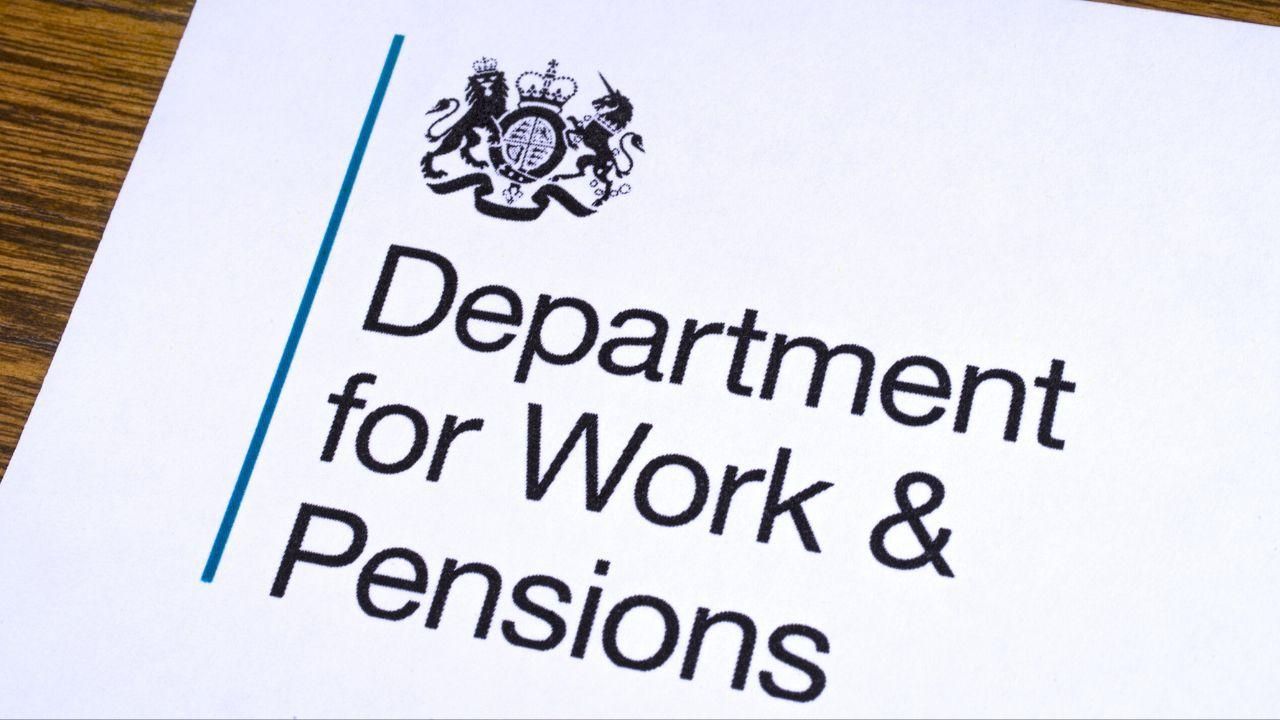Turkey has implemented new regulations to address labor shortages, focusing on skilled foreign workers. As outlined in the Official Gazette of Turkey, these rules offer temporary work permit exemptions for up to three years, granting greater flexibility for professionals supporting the country's economy, including thousands of skilled foreign workers.
This initiative is part of Turkey's broader strategy to attract international talent and strengthen its economy by reducing barriers for foreign workers across multiple industries.
Turkey Work Permit Exemptions
Turkey offers a range of temporary work permit exemptions for foreign workers. This means that certain individuals can work in Turkey without the need for a traditional work permit.
Who can benefit from these exemptions?
- Refugees
- Skilled professionals
- Journalists
- Athletes
These exemptions can last up to three years, providing more flexibility than regular work permits. If you fall into one of these categories, you may be eligible to work in Turkey without the hassle of a standard work permit application.
Who Can Benefit from Work Permit Exemptions?
Several categories of foreign workers will benefit from these visa exemptions under the updated regulations:
1. Refugees and individuals under temporary protection: These groups can now work without a permit for specified durations, making it easier for them to contribute to the Turkish economy.
2. Skilled foreign workers: Professionals contributing to Turkey’s economy, culture, or technology are eligible for exemptions of up to three years. This is an extension from the previous six-month limit, offering more long-term stability for workers.
The Turkish Interior Ministry will oversee the Foreign Application, Evaluation, and Monitoring System, which will determine the duration of exemptions for eligible workers.
Journalists and Athletes to Enjoy Special Privileges
Foreign journalists holding permanent press cards, who are approved by Turkey’s Presidential Directorate of Communications, will no longer need to apply for work permits. This exemption will last for the entire duration of their stay in the country.
Similarly, professional athletes, coaches, and other sports-related staff with valid contracts from Turkish clubs will also be exempt from needing work permits. This change is aimed at streamlining the process for those in the sports industry.
Simplified Application Process
In Turkey, the application procedure for exemptions from work permits has been greatly streamlined. In the past, foreign people could only apply 30 days after arriving. They can now submit their applications at any point throughout their lawful stay in accordance with the new laws.
Because of this flexibility, fewer renewals are required, enabling qualified workers to concentrate on their contributions and assisting Turkish businesses that require specialised knowledge.
- Flexible application window: Apply anytime during your stay.
- No more frequent renewals: Save time and avoid bureaucratic hassles.
- Supports both workers and industries: Helps skilled professionals focus on their roles.
Turkey’s Ambitious Tech Visa Program
Alongside work permit exemptions, Turkey has introduced a Tech Visa Program to draw in tech professionals and entrepreneurs. This program provides a fast-tracked, three-year work permit, simplifying the process for tech talent to settle in Turkey.
The government aims to foster 100,000 tech start-ups by 2030, with a goal of having at least 100 valued at over $1 billion. Additionally, Turkey is building Terminal Istanbul, which will be the world's largest technopark, further solidifying its role in the global tech sector.
Is Turkey Becoming a New Destination for Skilled Workers?
As countries like Canada, New Zealand, and the United States impose stricter immigration policies, Turkey is positioning itself as a promising alternative for skilled professionals. With its new work permit exemptions and Tech Visa Program, Turkey offers appealing opportunities for those looking to work in a rapidly expanding economy.
However, prospective workers should carefully consider Turkey’s cost of living. According to data from Numbeo:
- A family of four’s monthly expenses (excluding rent) amount to approximately ₹183,210.
- A single person’s estimated monthly expenses are around ₹50,616.
- Rent in Turkey is, on average, 139.4% higher than in India, while the overall cost of living is 76% higher.
With the minimum wage in Turkey standing at approximately ₹41,891 per month, it is crucial for skilled workers, particularly those from India, to weigh the benefits of working in Turkey against the higher cost of living.
Conclusion
For qualified international professionals, Turkey's Tech Visa Program and new work permit exemptions present excellent chances. Although the nation has a strong economy and offers freedom, prospective migrants should compare the cost of living to their financial objectives.
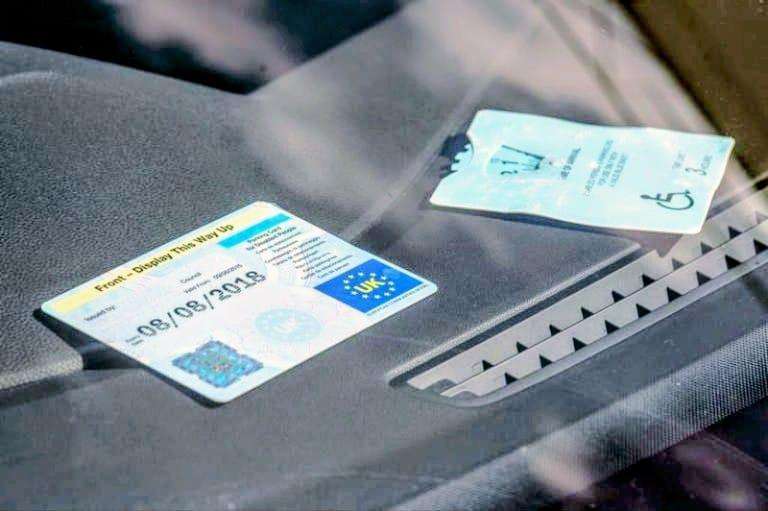

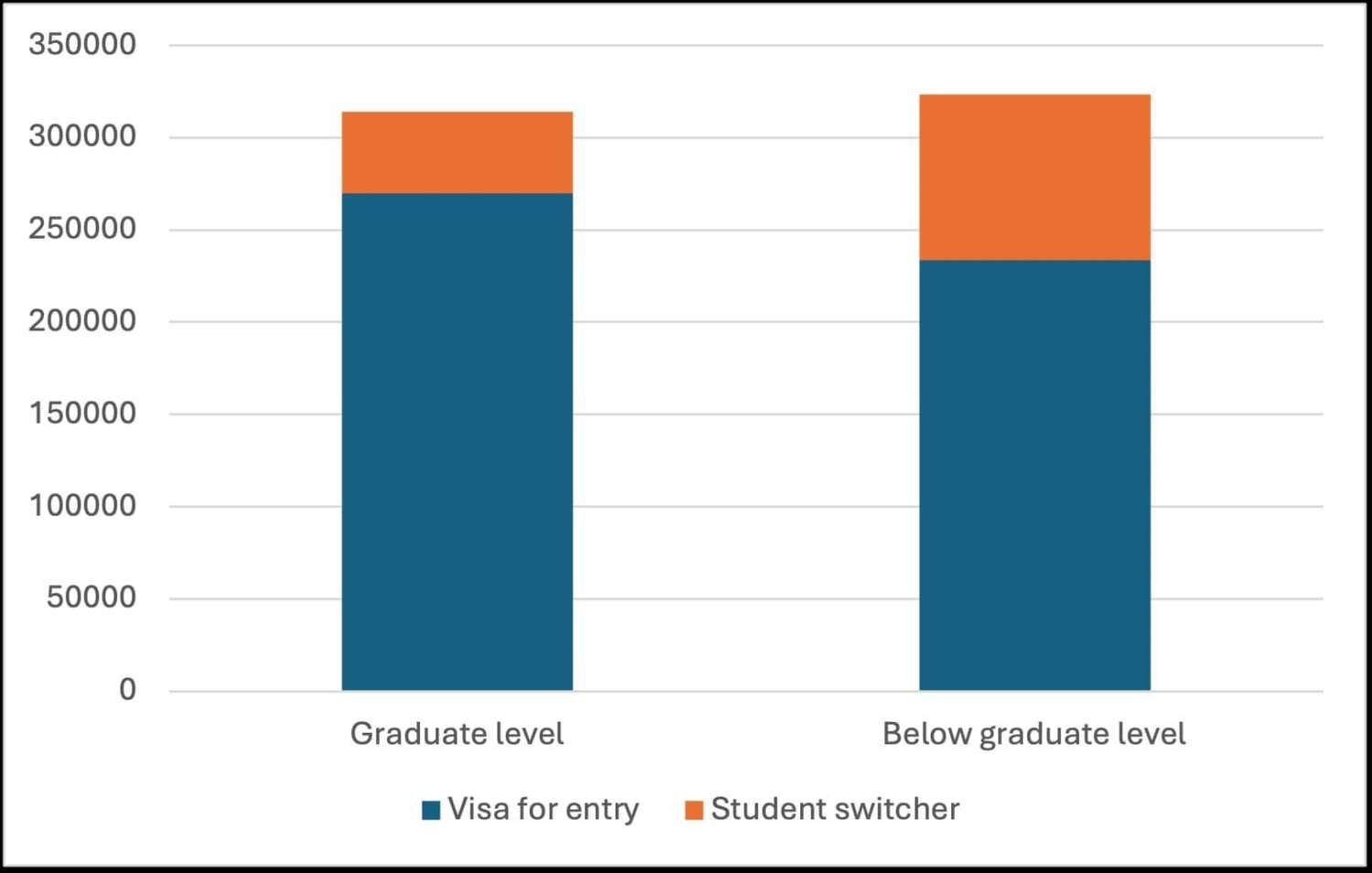
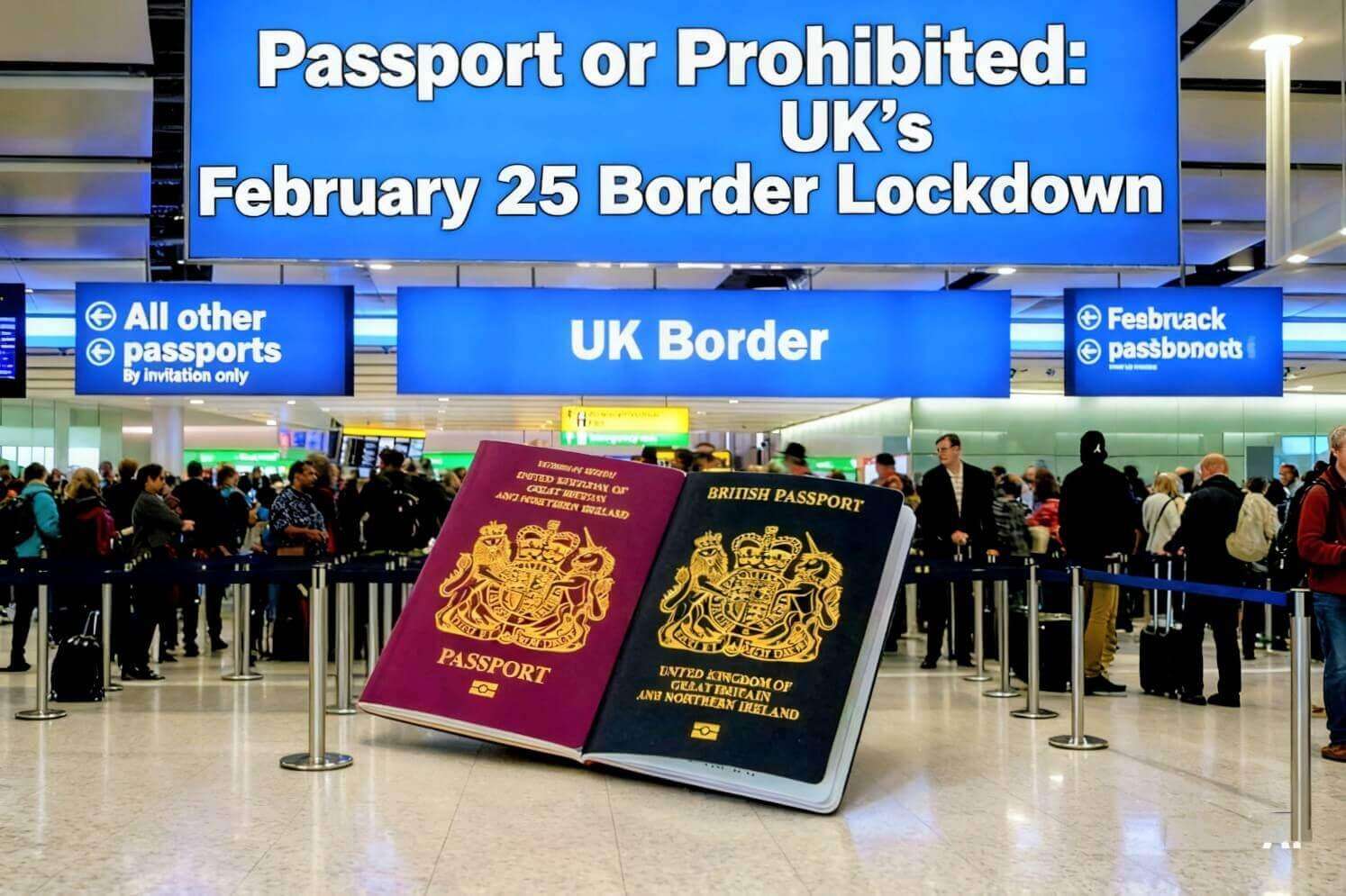


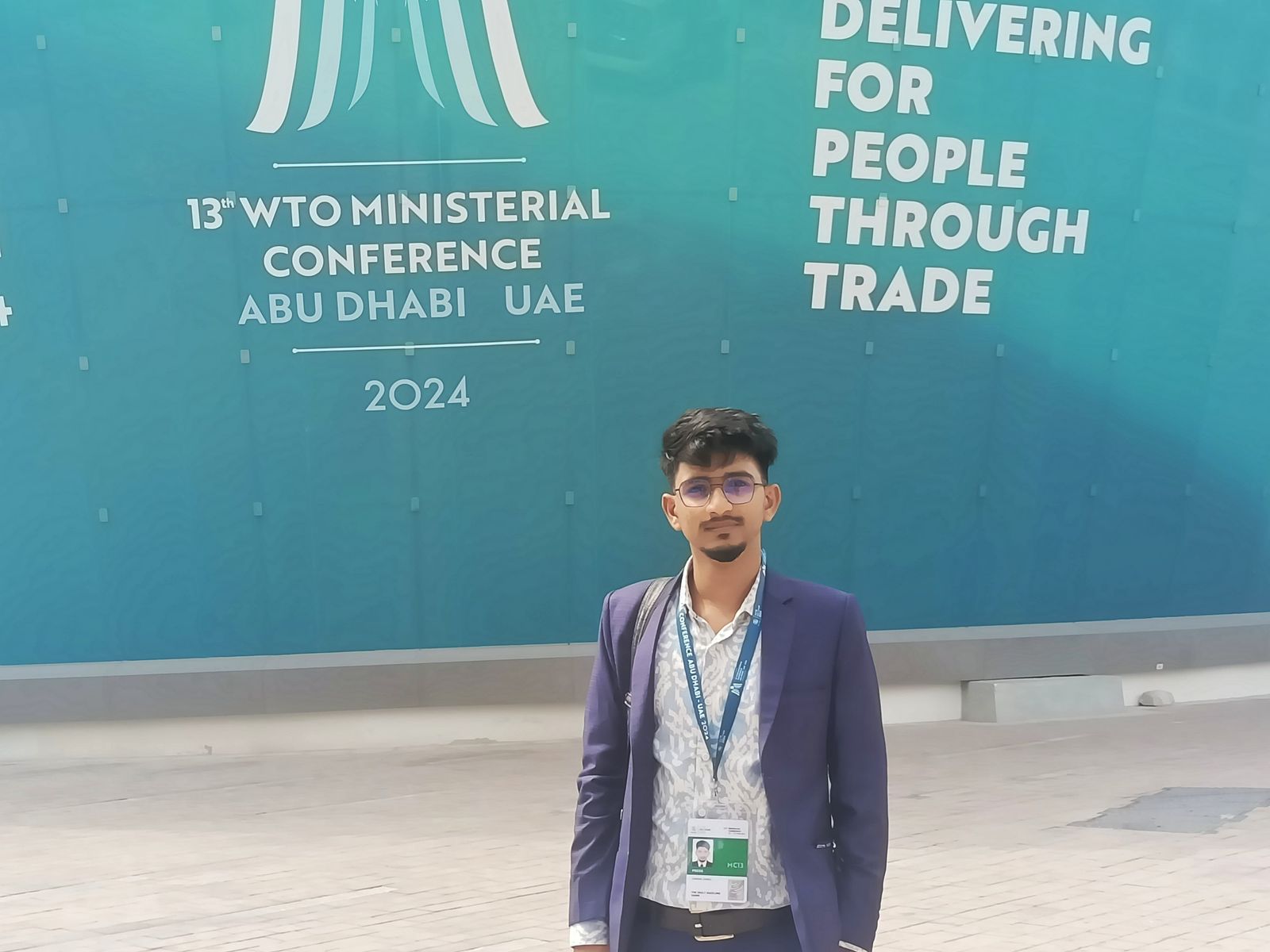
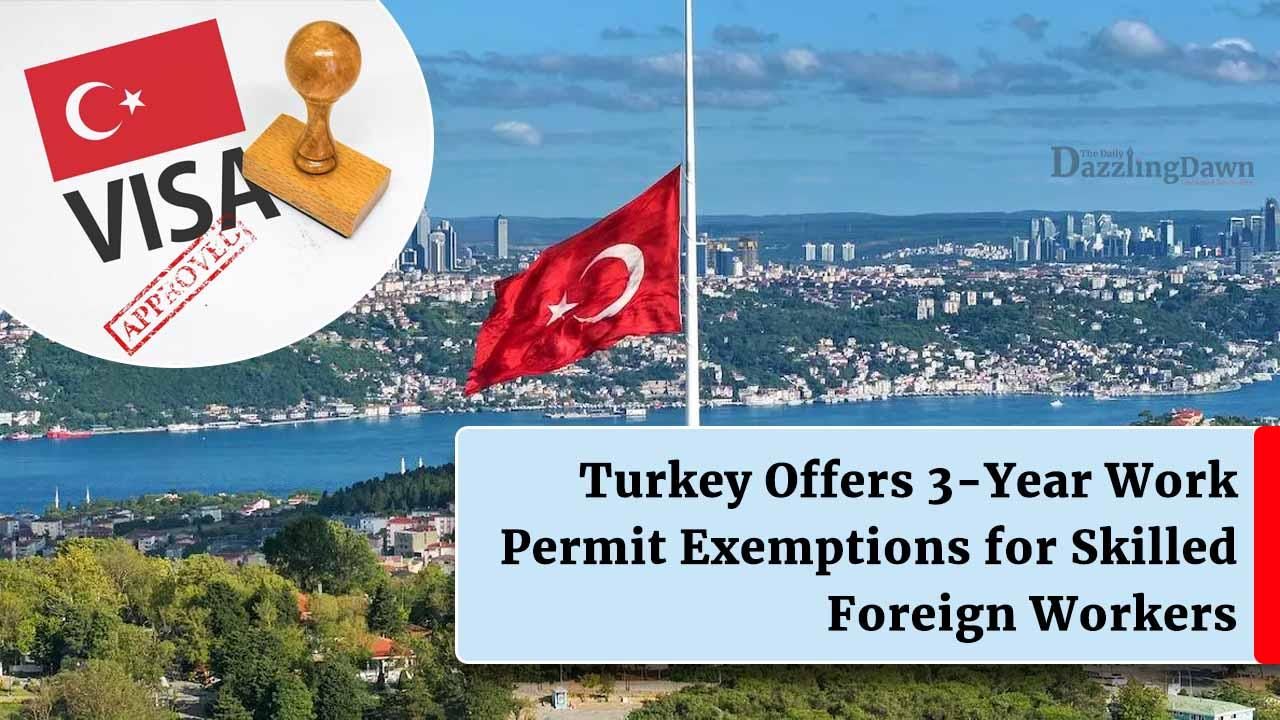
.svg)


